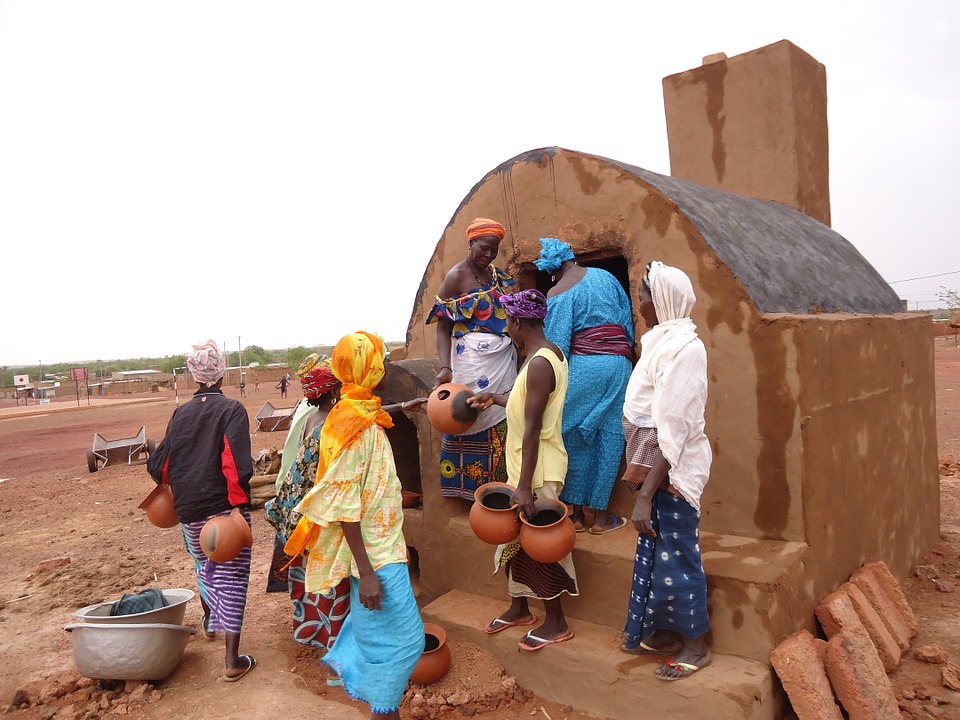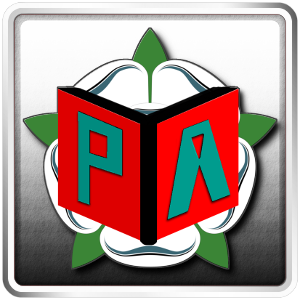Africa is vast full of many different people and cultures. Colonisation has done so much damage to the people and landscape, it’s hard to know where to begin. A friend of mine, who studied Medieval Africa for her degree, told me that before Europeans arrived there was an amazing system in place. Tribes didn’t fight each other for material gain of territory. They used warfare as a test of strength and agility and only partook in the activity when it was designated by the position of the stars that it should take place.
Our European ancestors went in and destroyed it all. Governing from the capitals of Europe they split tribes between randomly drawn lines on a map, choosing one tribe over another in these newly delineated ‘countries’, Then as independence loomed, they encouraged the new leaders to be educated in cities such as Oxford, Cambridge and Paris, teaching them how to govern in the ‘western way’. This ensured the colonial form of government persisted, further displacing the traditional ways of governing.
Exploiting their natural resources and people, initially the majority of the profits went in the pockets of European investors, then in later years some went into the pockets of the corrupted officials educated in the alien western ways. Imposing the west’s religion on belief systems that had evolved over millennia to enable the tribes to live in harmony with their environment… the list goes on and on.
Another problem of colonisation is the perception of Africa amongst Europeans. Images often tend to be of the starving children (from wars originating in colonisation) or of Safari and beaches from tourism and wildlife programmes. There is so much more to this vast continent.
I came across this amazing writer some years ago and he has had a profound influence on my understanding of the world and appreciation of the wisdom of traditional people. Malidoma Patrice Somé is from Burkina Faso and I would highly recommend finding his books and reading them.
He comes from an ancient tribe called The Dagara but was brought up by Jesuit priests. He managed to escape and return to his home village as a teenager, where he began to learn the culture that had been taken from him. This story is relayed in ‘Of Water and Spirit’. He also wrote ‘The Healing Wisdom of Africa’ which contains much wisdom from the ancient ways of being. The quotes below are from this book. They are reprinted by permission of HarperCollins Publishers Ltd. © Malidoma Patrice Somé 1998

“The purpose of an individual is to bring beauty, harmony and communion to Earth. Individuals live out their purpose through their work. Thus the human work of maintaining the world, to indigenous people, is an extension of the work Spirit does to maintain the pulse of nature.”
‘Abundance in the west is very different from abundance in indigenous culture. “Villagers are not interested in accumulation but in a sense of fullness. (This sort of abundance) has a sort of power that takes us away from worry…It’s the kind of fullness you get by being with other people. Most work done in the village is done collectively. The purpose is not so much the desire to get the job done but to raise enough energy for people to feel nourished by what they do. The nourishment does not come after the job, it comes before the job and during the job. The notion that you should do something so you get paid so that you can nourish yourself disappears. You are nourished first then your work flows out of that fullness.’
‘Music and rhythm are the things that feed someone who is producing something.’
‘Work, in an indigenous context, becomes dominated by art.’
